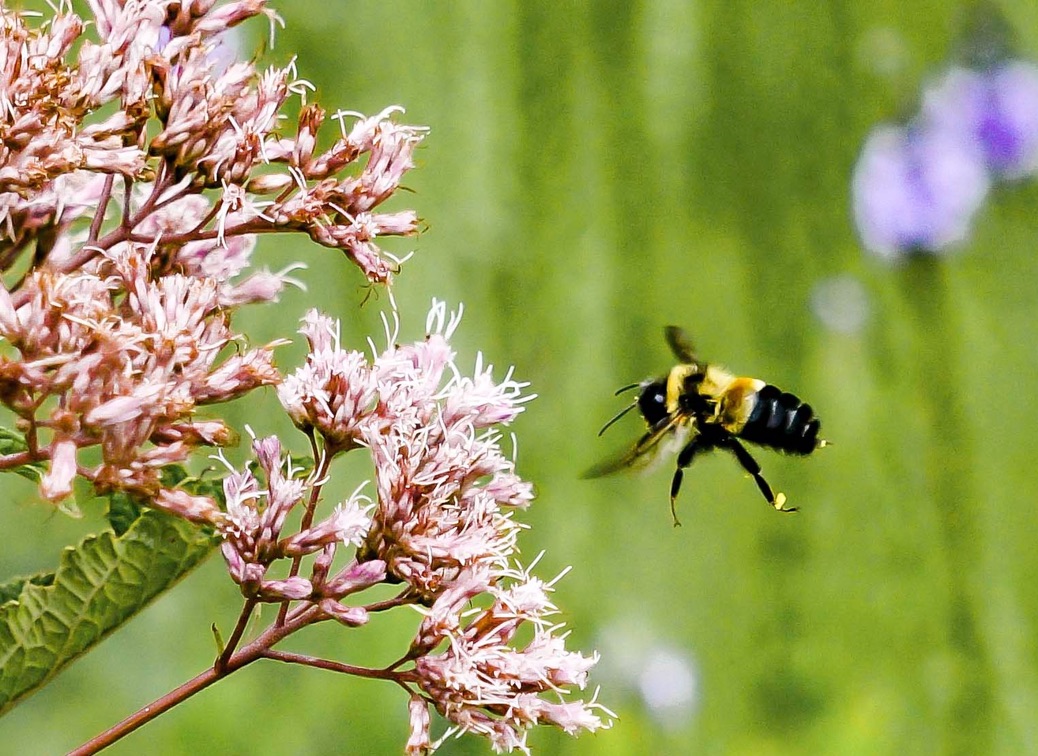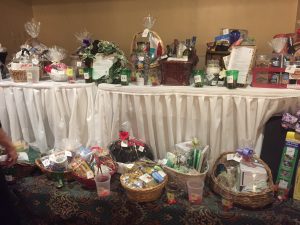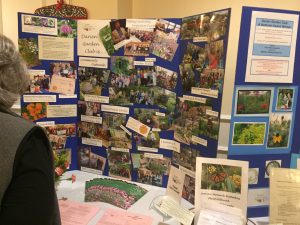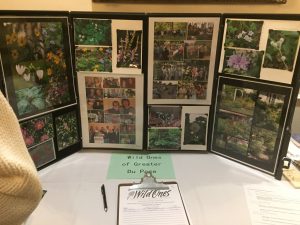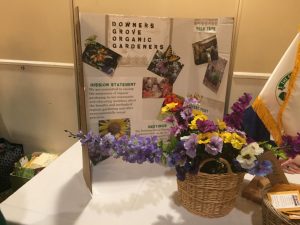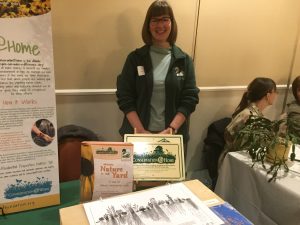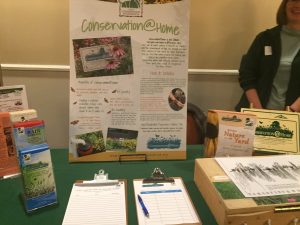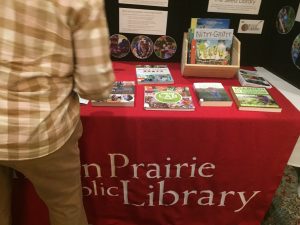Chicago Living Corridors promotes the idea that private landowners can be instruments of change by restoring natural habitat corridors between protected conservation areas in order to:
- improve biodiversity and ecosystem services
- diminish the effects of climate change
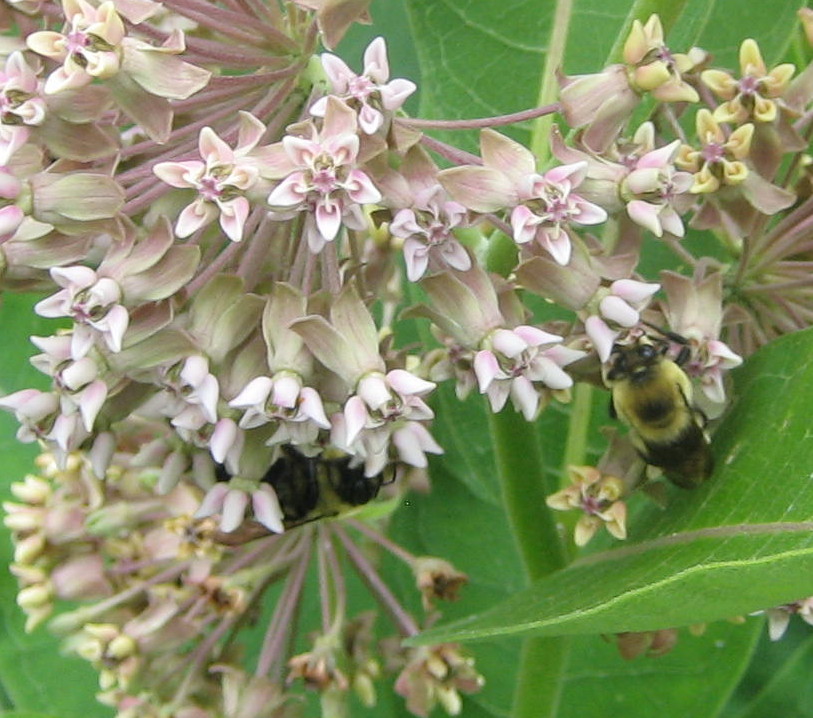
One good way to participate in this effort is to join a local organization. See below for more information. Additional ways to participate include:
– Volunteer with Chicago Living Corridors
– Become a Citizen Scientist
Join a CLC Partner Organization
Many private landowners have created native habitat on their property. See here for an interactive map of some of those who have registered their native habitat.
The CLC partner organizations listed below promote the use of native plants and natural habitats on private landscapes. Become involved in the natural landscaping movement in your community. Join one of the organizations listed, or start your own organization, and tell CLC about it. The first four organizations are founding partners.
For people in
Chicago and Cook County who are seeking advice on establishing native habitat on their property, please contact the
University of Illinois Extension. Look for the “Contact Us” information in the right-hand bar. Valerie Kehoe is the primary contact for this program. People in Oak Park/River Forest area could get involved with West Cook Wild Ones.
For those in Chicago or Cook County who already have native habitat installed on their property, and who wish to participate on the Chicago Living Corridors map, you can also connect with the
U of I Extension, or one of our other participating partners (Illinois Audubon Society Bird and Butterfly Sanctuary program, West Cook Wild Ones, or other organizations Check your habitat against the criteria listed for inclusion.
________________________________________________________________________________
Citizens for Conservation (CFC)
Citizens for Conservation is a 48-year-old volunteer organization in the Barrington area whose mission is “Saving Living Space for Living Things through protection, restoration, and stewardship of land, conservation of natural resources and education.
- Our Habitat Corridors program promotes planting native plants and earth-friendly yard practices. Knowledgeable volunteers make complimentary visits to home properties in the northwest suburbs to provide recommendations.
- Our annual native plant sale, held the first weekend of May, provides a huge selection of local ecotype forbs, grasses, shrubs and trees.
Our websites, Citizensforconservation.org and Habitatcorridors.org provide many resources for individuals.
Wildflower Preservation and Propagation Committee (WPPC)
The Wildflower Preservation and Propagation Committee is a non-profit organization dedicated to:
- Promoting the use of native plants in the landscape through preservation, propagation, and education
- Advocating the conservation of open space, natural landscapes, wildlife habitat,
scenic resources, and water in McHenry County and neighboring areas for the benefit of the general public
- Engaging in and otherwise promoting the scientific study of and educating the public regarding local natural resources
Most of our members are in McHenry County.
Wild Ones Chapters
West Cook Wild Ones (WCWO) and
Northern Kane Wild Ones (NKWO)
West Cook Wild Ones and Northern Kane Wild Ones promote the use of native plants and natural landscapes.
Barrington Area Conservation Trust preserves our community’s rare and exceptional open spaces for current and future generations.
- Preserve open spaces in perpetuity through working with homeowners on conservation easements.
- Restore habitat at our nature preserves and spread the word to community members. Furthering local, regional and national conservation efforts that are vital to our future.
- Inspire our future environmental stewards through high school programming, summer internships, and teen board.
Come join us! Volunteers and members help us preserve, restore and inspire
________________________________________________________________________________
The Conservation Foundation (TCF)
The Conservation Foundation is a non-profit land and river protection organization founded in 1972. The support of more than 3,500 members and 500 volunteers helps us carry out our mission to preserve and restore open space and natural lands, protect rivers and watersheds, and promote stewardship of our environment in DuPage, Kane, Kendall and Will Counties, Illinois.
The Conservation@Home program in Cook County is a unique joint partnership with the Forest Preserves of Cook County and University of Illinois Extension. The goal is to bring native habitat beyond Forest Preserves borders and promote healthy, sustainable, native landscapes to residents, schools, and communities in Cook County.
Forest Preserves of Cook County
Explore the natural beauty of Cook County for an hour, a day or even a night. When you’re surrounded by 70,000 acres of prairies, woodlands, wetlands and savannas, there’s no better place to feel free. In the Forest Preserves of Cook County, create your own adventure on trails, at nature centers and campgrounds, and much more.
University of Illinois Extension
Extension is founded on the belief that knowledge can change lives. Through practical education we help individuals and businesses solve problems and develop skills to positively impact their future. Under the value statement of Appreciating and Improving the Environment,specially trained volunteers can provide free unbiased research-driven information to residents within their communities. This can be a contributing factor in protecting our environment by preventing unnecessary pesticide and fertilizer use, and providing native and more-suitable plant choices that ultimately provide a habitat for local wildlife and help preserve the local ecosystem.
The Illinois Audubon Society was established as an independent, state-wide, educational and scientific organization in 1897. It is Illinois’ oldest non-profit conservation organization. Today’s Illinois Audubon Society operates as a land trust. The Society’s mission is “to promote the perpetuation and appreciation of native flora and fauna of Illinois and the habitats that support them.” Fundamental to this end are the control of pollution, the conservation of energy and all natural resources, a sound ecological relationship between human populations and their environments, and the education and involvement of the public in such efforts. The Bird and Butterfly Sanctuary Certificate program furthers this end by encouraging private landowners to use native plants and practices which reduce water consumption and the use of pesticides and fertilizer. The Society believes that private landowners have the ability to increase native plant diversity, and in doing so restore habitat for wildlife.
The Land Conservancy of McHenry County, a non-profit land trust, has been preserving and restoring natural areas since 1991. Over 2,000 acres have been saved and are cared for with the help of almost 1,800 volunteers. Public programs and events are held to celebrate our connection to the land and community while providing valuable education opportunities.
The Natural Land Institute, an accredited land trust, is a 501(c)3, not-for-profit land conservation organization based in Rockford, Illinois, which has preserved and protected more than 17,300 acres of natural land in Illinois since 1958. NLI’s current service area covers twelve counties: Winnebago, Boone, northern DeKalb, Ogle, Lee, Bureau, Henry, Rock Island, Whiteside, Carroll, Jo Daviess and Stephenson Counties. NLI currently owns 26 preserves (2,728 acres) and holds 49 conservation easements (3,817 acres). There are five full-time and one part-time staff with nearly 200 volunteers per year to help carry out their mission to create an enduring legacy of natural land in northern Illinois for people, plants and animals. For more information: www.NaturalLand.org.
Openlands – Founded in 1963, Openlands protects the natural and open spaces of northeastern Illinois and the surrounding region to ensure cleaner air and water, protect natural habitats and wildlife, and help balance and enrich our lives.
_____________________________________________________________________________
The mission of Red Stem Native Landscapes, Inc., is to create beautiful garden spaces using only native plants and natural materials such as clay brick and wood. We take great pleasure in demonstrating the charm and beauty of our native species in home gardens and the exteriors of businesses, houses of worship, libraries–wherever there is space for the plants and the wildlife that always shows up for the food, shelter and opportunities to reproduce. We work on Chicago’s northside, in the northern suburbs, and in Oak Park and nearby suburbs designing, building, and maintaining these vibrant gardens with the hope that the plants and the species they support will continue to survive and thrive into the future.
_____________________________________________________________________________
Tell Us About Your Organization
Is your organization not listed above, but is helping private landowners to support pollinator populations, conserve clean water, increase biodiversity and restore soil? We would like to hear about it. Please contact us at info@chicagolivingcorridors.org. The CLC support region includes the counties in Wisconsin, Illinois and Indiana listed below.

| IL |
WI |
| Boone |
Kenosha |
| Cook |
Racine |
| DeKalb |
Walworth |
| DuPage |
Waukesha |
| Grundy |
|
| Iroquois |
IN |
| Kane |
Jasper |
| Kankakee |
Lake |
| Kendall |
LaPorte |
| Lake |
Marshall |
| LaSalle |
Newton |
| Livingston |
Porter |
| McHenry |
St. Joseph |
| Will |
Starke |
![]() · 23h ·
· 23h · ![]() · 8m ·
· 8m · 


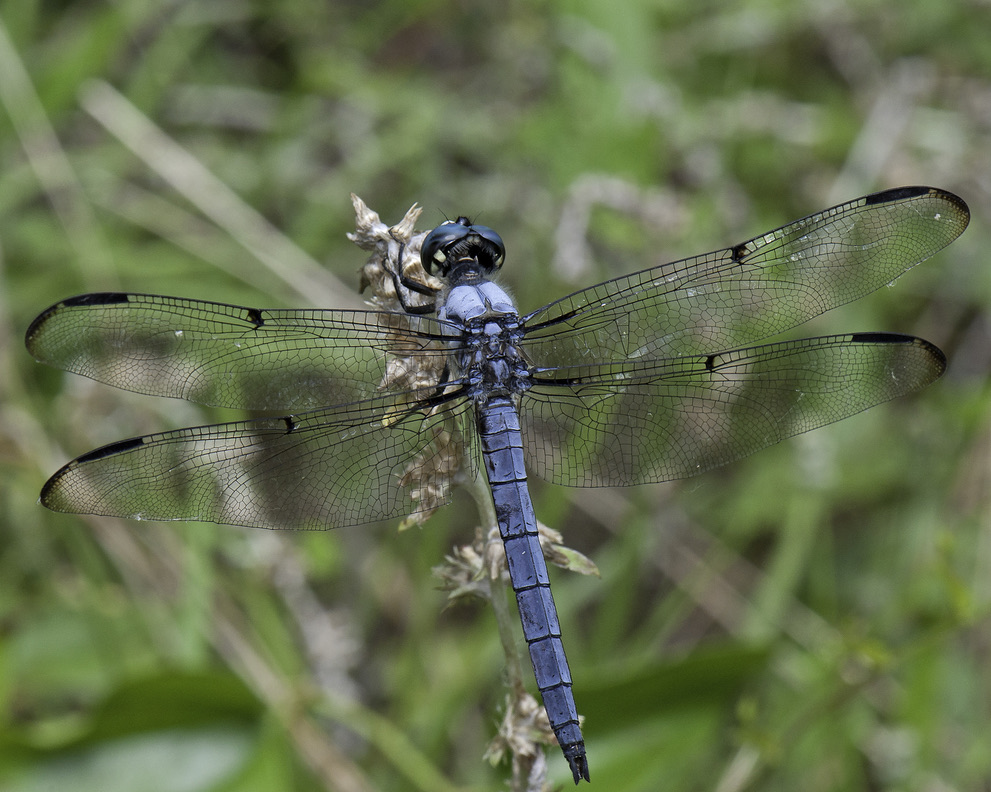
 The next Chicago Living Corridors webinar will be on October 14, 2020 at 7:00 pm. Landscaping for Birds will be presented by Lisa Maier, who has been active with WPPC’s mentoring group for several years and is an experienced birder, (officer of McHenry County Audubon). She will be sharing her knowledge of birds and native landscaping. And did I mention she has some terrific photographs.Please register at
The next Chicago Living Corridors webinar will be on October 14, 2020 at 7:00 pm. Landscaping for Birds will be presented by Lisa Maier, who has been active with WPPC’s mentoring group for several years and is an experienced birder, (officer of McHenry County Audubon). She will be sharing her knowledge of birds and native landscaping. And did I mention she has some terrific photographs.Please register at 